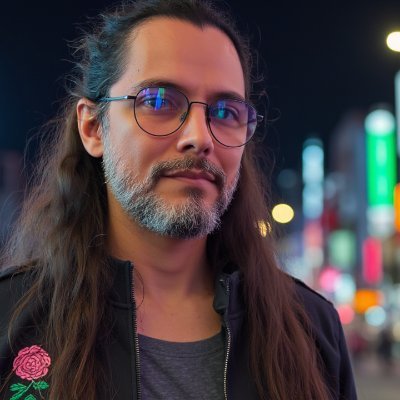BlueSky’s Decentralized Moderation:

BlueSky, a social network built on the decentralized AT Protocol (Authenticated Transfer Protocol), is revolutionizing content moderation by empowering users and communities to manage their own experiences. Unlike traditional platforms that centralize control, BlueSky adopts a modular and customizable approach, balancing freedom of expression with safety.
The Jesse Singal Case and the Community’s Response
Recently, the account @jessesingal.com was accused of publishing content considered homophobic and transphobic. Although some users questioned whether these posts violated BlueSky’s Terms of Service, the platform chose not to ban the account. Instead, it relied on community tools to limit the reach of these posts.
Individual users blocked the account and subscribed to community-managed block lists, significantly reducing the visibility of Jesse Singal’s content. This decentralized approach demonstrated the effectiveness of a model in which the community regulates content without centralized intervention.
BlueSky’s Five Layers of Moderation
BlueSky implements a multi-layered moderation system, offering users tools to customize their experiences practically and efficiently:
Personal Blocking and Muting
Users can block or mute unwanted accounts, individually adjusting the content they wish to see.Community Block Lists
By subscribing to block lists created by the community, users can share common moderation criteria, optimizing content filtering.Curated Feeds
Subscribing to personalized feeds allows users to consume content filtered by curators or algorithms, creating a safer and more tailored experience.Account Removal on the Personal Data Server (PDS)
In extreme cases, servers can directly delete accounts from their databases, preventing them from publishing or accessing the network.Ozone: Advanced Moderation Tool
Ozone is an integrated tool that enables advanced moderation strategies, combining various resources for greater efficiency.
BlueSky’s Moderation Architecture
Moderation on BlueSky is based on an open labeling system. This architecture allows anyone to assign labels to content or accounts, such as “spam” or “NSFW” (not safe for work). These labels can be automatically generated by third-party services or manually applied by curators and administrators, offering flexibility for communities and individuals to customize their experiences.
The Role of the Community in Content Regulation
In decentralized platforms like BlueSky, the community plays a central role in self-regulation, minimizing reliance on a centralized authority to moderate content. This decentralization distributes responsibilities and reduces the risks of institutional bias, often seen in centralized companies that may reflect specific interests at the expense of plurality.
Centralized platforms often censor or promote content based on corporate agendas, compromising user trust. BlueSky’s model prioritizes autonomy, allowing the community itself to determine what is relevant or acceptable.
With 25 million users registered within weeks, BlueSky remains committed to its mission of regulating not freedom of expression, but the reach of certain publications. Tools like block lists, curated feeds, and Ozone are tangible examples of how the platform is building a decentralized and inclusive ecosystem.
Challenges and Opportunities of Decentralization
Despite its merits, decentralization presents challenges. Educating users about available tools and protecting vulnerable communities from harmful content are complex tasks, especially in a rapidly growing environment.
On the other hand, the decentralized model offers significant advantages. It enhances transparency, fosters trust among users, and reduces reliance on a central authority. On BlueSky, users shape their own experiences, ensuring greater freedom without sacrificing safety.
Conclusion
BlueSky is paving the way for a new era in social networks with a decentralized moderation model that empowers users and promotes shared responsibility. Aligned with principles of freedom and inclusion, BlueSky combines advanced technology and community collaboration to create a safer, more democratic, and adaptable space.
Although still in its early stages, BlueSky offers a promising model for the future of social networks, where reach—not freedom of expression—is the true focus of regulation.
